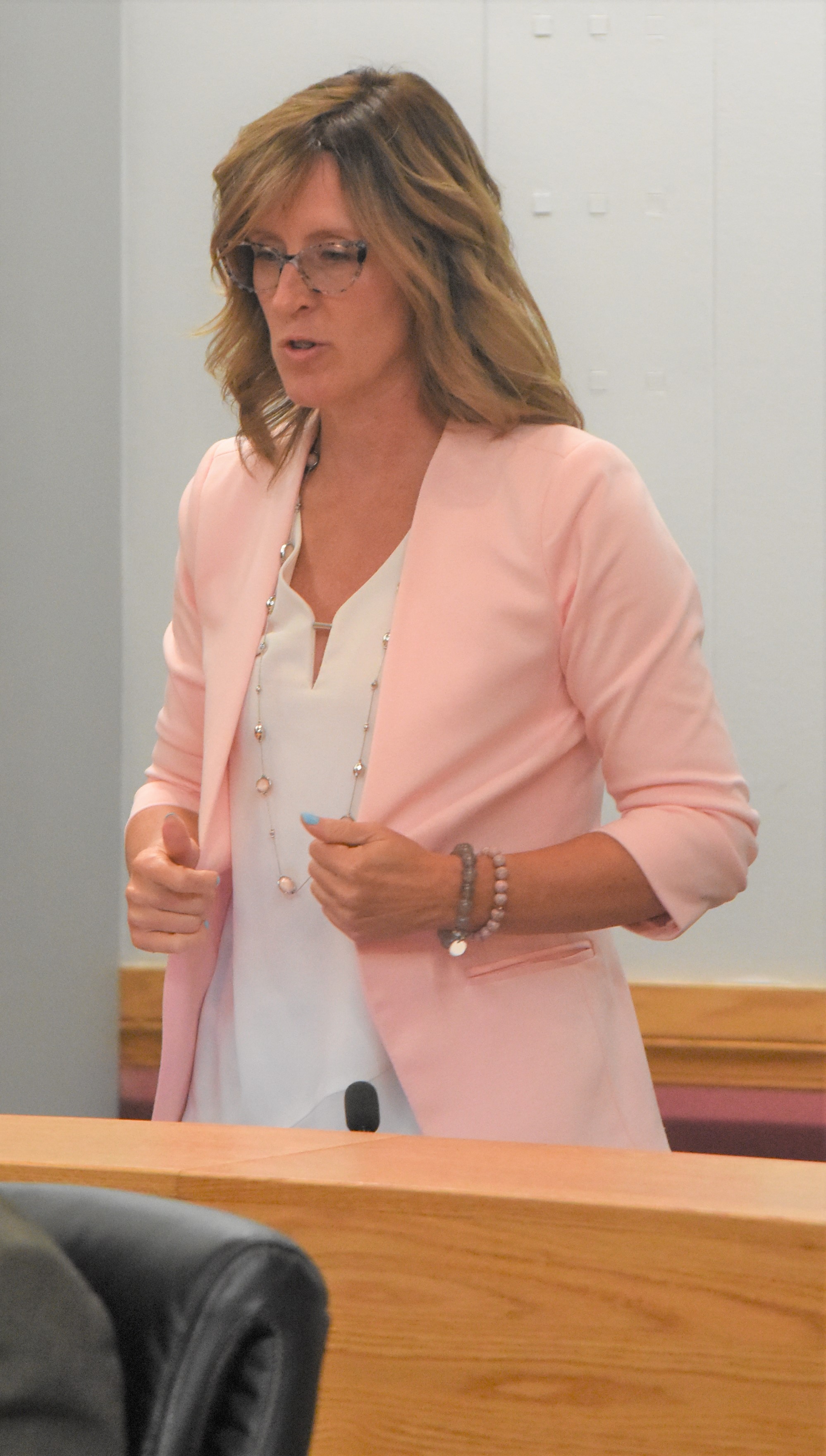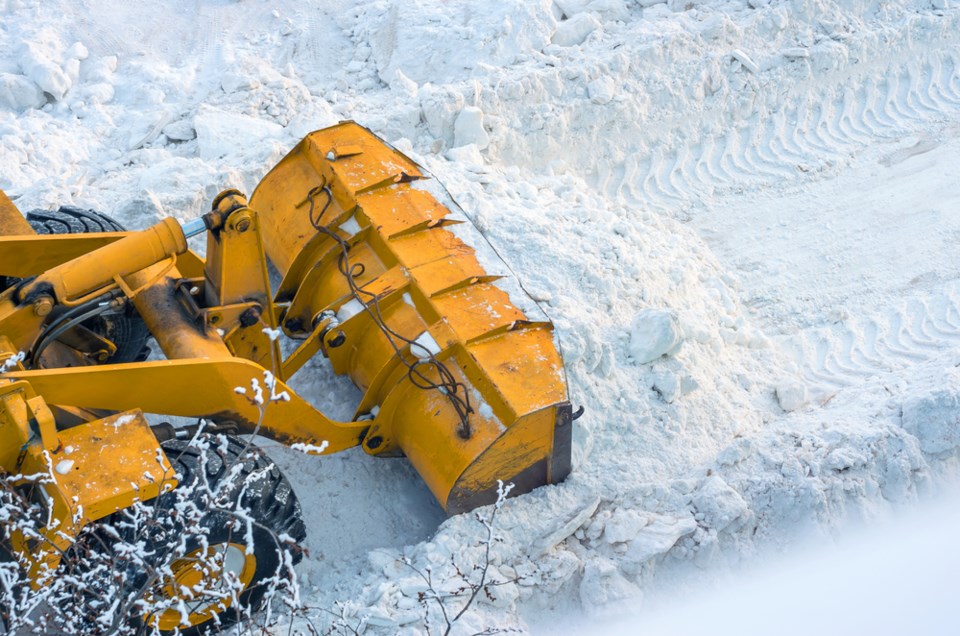Motorists who drive downtown this winter hopefully won’t need treads, now that a section of High Street West has been given priority 1 status after being forgotten in the updated snow cleanup policy.
City administration initially neglected to label a stretch of High Street West from Main Street to Second Avenue Northwest as a priority 1 road in its winter maintenance policy and on its municipal snow clearing map. It was instead labelled priority 2.
Priority 1 status means streets are cleared within 24 hours of a snowfall, according to the updated winter maintenance policy. Priority 2 means they are cleared within 48 hours.
Map blunder
Mayor Fraser Tolmie pointed out the map’s inconsistency during city council’s Oct. 15 regular meeting. He observed that the old winter cleanup policy listed those two blocks as priority 2, but the updated policy council was about to approve should mark those two streets as red, or top priority.
“We’ll certainly have a look at that,” said Josh Mickleborough, director of engineering services. “I would really want to engage with … our (grader) operators to double-check the logic of that.”
What could have happened is the managers who put together the map wanted to sync up when snow was hauled from those two blocks since they are metered parking stalls, he continued. Those streets were given lower priority since they would be used for snow hauling operations.
Mickelborough added that adjusting the priority status to red was simply a “minor change” and the proposed winter maintenance policy could be approved as is. Tolmie took no chances and amended the proposed motion to include the two blocks between Main Street and Second Avenue Northwest as priority 1 streets.
Preventing problems beforehand
The old saying, “An ounce of prevention is worth a pound of cure,” is important when clearing snow, said Coun. Brian Swanson. He has approved many snow clearing policies and knows that what happens during a snowfall is almost more important than what happens afterward.
“My reaction is, we don’t react soon enough. We only send out equipment after,” he said.
The policy, he continued, has shortcomings in responding quickly to snowfalls. Section 7 says a snowplow should be sent out when five centimetres of snow has accumulated. However, Swanson believed nothing beat the experience of a well-trained grader operator who knew how wind direction affected a storm.
Swanson was also concerned that while streets such as Thatcher Drive received priority 1 status, the side streets such as Blue Sage Drive should also be plowed so motorists aren’t driving over ridges while exiting or entering Thatcher Drive.
“I would say throw policy out the window with experienced grader operators … ,” he added. “I’d rather have common sense than 20 pages of policy.”
Downtown side streets

“I work downtown, I understand downtown and I see it every year where parking stalls by meters are clogged all the time,” Luhning added.
During a major snowfall, the engineering department can use some of those side streets to pile snow for at least 48 hours, said Mickleborough. Another idea is to create windrows — or tall piles — of snow throughout downtown to make it easier for hauling.
“It is sometimes disruptive, but at least we get one parking area done and one travel lane done,” he added.
Communicating with residents
Communication needs to improve with residents about when crews will be plowing, said Coun. Scott McMann, who recalled that that information was better distributed years ago.
Some of the signs indicating streets are snow routes are also unclear, he continued. He was unsure whether he could park on Fairford Street last year. Moreover, the signs don’t indicate when the snow routes are in effect.
There will always be challenges with mobilizing crews and informing residents of where they will be, said Mickleborough. The department will work with the communications manager to provide accurate information quickly.
The next regular council meeting is Oct. 28.




